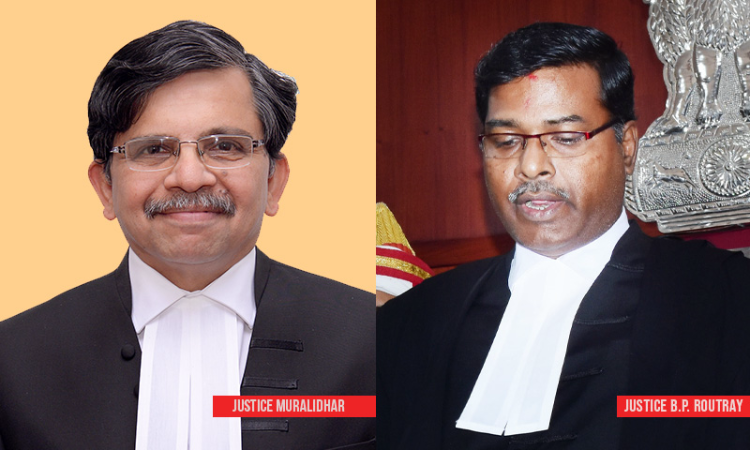Orissa High Court Upholds Centre's Notification Abolishing Odisha Administrative Tribunal
Nupur Thapliyal
8 Jun 2021 11:29 AM IST

Next Story
8 Jun 2021 11:29 AM IST
The Orissa High Court on Monday upheld the notification issued by the Department of Personnel and Training of the Central Government dated 2nd August 2019 which abolished the Odisha Administrative Tribunal (OAT). In an elaborative order, a division bench comprising of Chief Justice S. Muralidhar and Justice B.P. Routray observed that there was sufficient material to support the view of the...
